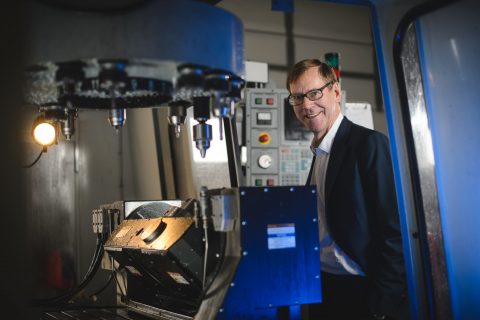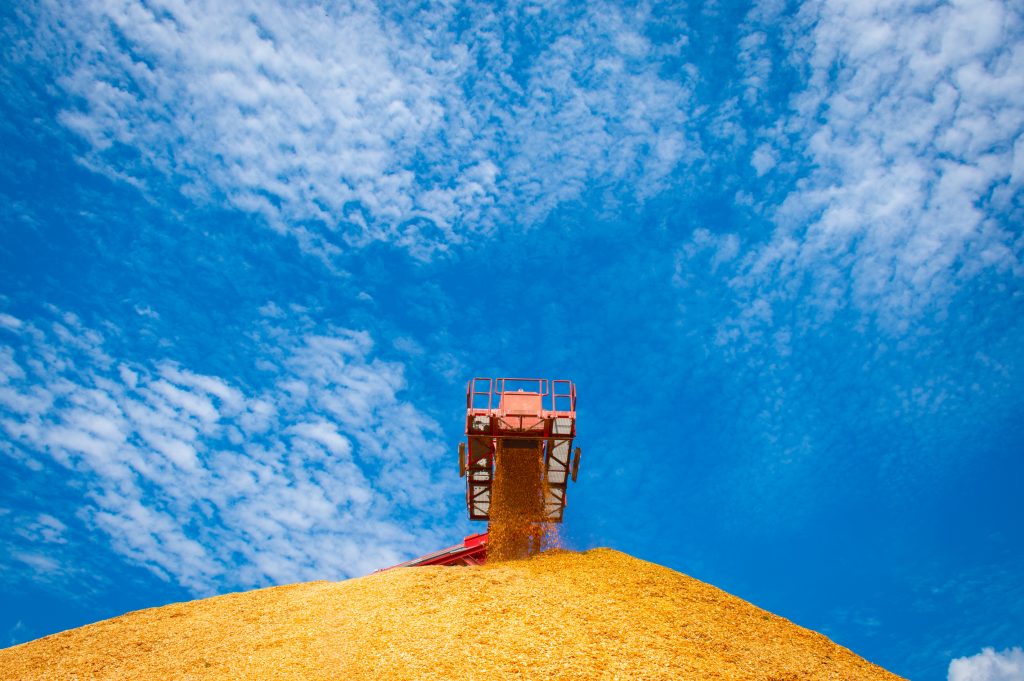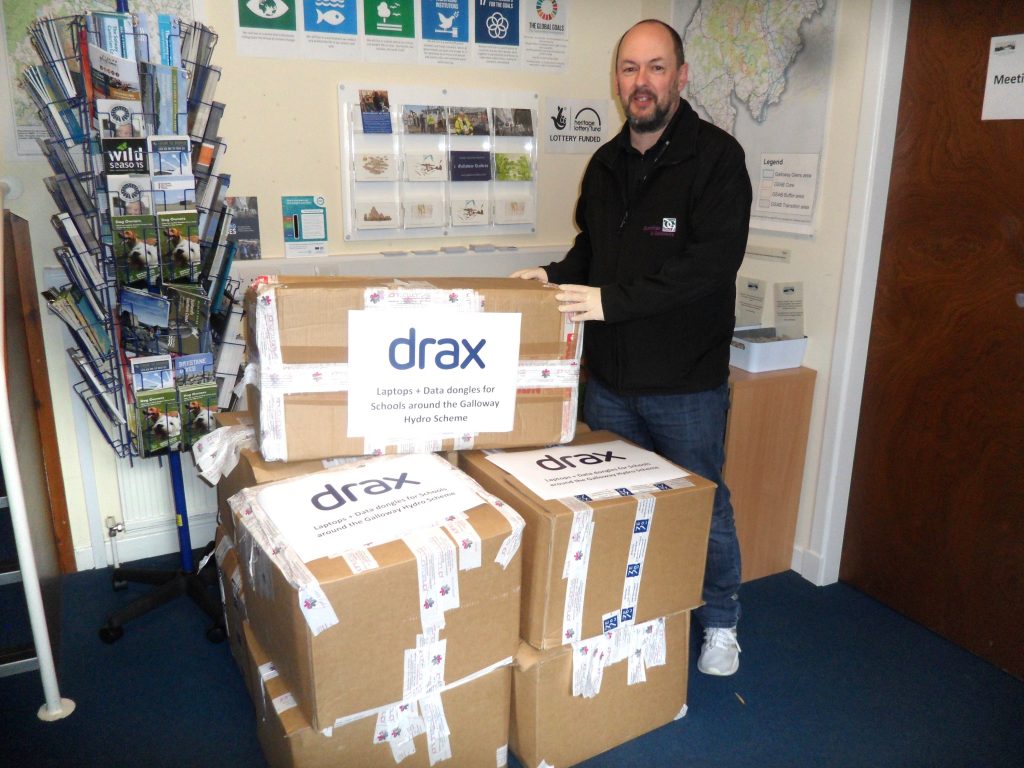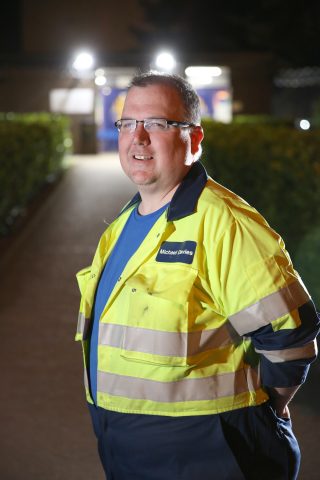
- Energy company Drax Group is supplying 33 small care homes across Northampton with free electricity and gas for two months during the Covid-19 crisis
- The initiative is part of a package of support worth £636,000 that Drax Group is providing to its UK customers and communities to help them during the pandemic
They are amongst 170 care homes selected to receive the free energy, which are small businesses based in communities local to Drax’s operations across England, Scotland and Wales and are already supplied by Opus Energy and Haven Power – both part of Drax Group.
Drax Group CEO, Will Gardiner said:
“We’re working hard to offer more support to our customers and communities during this crisis.
“Care homes are critically important – they do incredible work looking after some of the most vulnerable people in our communities and we know this pandemic is putting them under immense pressure. As a gesture of appreciation for the excellent work these businesses are doing, we’re cancelling their energy bills for a couple of months.”
Haven Power customer, Shaw Healthcare, operates a number of care homes across Northampton and has been selected to receive the free energy.
Mike Smith, Shaw Healthcare Chief Operating Officer, said:
“Our teams are working very hard in some really challenging circumstances at the moment. Not having to pay our energy bills for two months means we can redistribute our funds to buy essential items like PPE to ensure our employees are supported to give our residents the level of care they deserve. Well done to the Dax Group for recognising that the social care sector is very much on the frontline of this crisis.”
As well as the support for the 33 care homes across Northampton, Drax is also donating £150,000 to the Money Advice Trust’s Business Debtline, a national charity helping SMEs facing financial hardship. This is in addition to reduced and deferred payment plans for business customers adversely impacted by the lockdown, and energy rates being frozen for three months for those coming to the end of their contracts and rolling onto a monthly plan.
Will Gardiner added:
“We know a lot of businesses are having a tough time, as the lockdown is having a major impact on many different sectors, so we’ve donated £150,000 to the Money Advice Trust’s Business Debtline. This will help to ensure those businesses who may be struggling to pay their bills can access the advice and support they need.”
Drax’s donation to the Money Advice Trust’s Business Debtline will provide support and free advice to small businesses and self-employed people who are facing financial hardship as a result of Covid-19.
Care homes selected to receive free energy from Drax’s supply businesses, Haven Power and Opus Energy, will receive a letter notifying them that their bills have been cancelled.
Drax owns and operates eight power stations across England and Scotland, as well as two energy supply businesses, Opus Energy and Haven Power, which have offices in the South East and Wales.
ENDS
Media contacts:
Ali Lewis
Drax Group Head of Media & PR
E: ali.lewis@drax.com
T: 07712 670 888
Ben Wicks
Drax Group Media Manager (Customers)
E: Ben.Wicks@Drax.com
T: 07761 525 662
Editor’s Notes
The care homes receiving free power include:
- 21 homes belonging to Care Management Group Ltd
- Interhaze Ltd
- Shaw Healthcare
- Hampton Midland Care Ltd
- Stepping Stones Care Homes
- Mi Care Wicksteed Court Ltd
The full £636,000 package of measures Drax Group is offering to its communities and customers includes:
- £250,000 for 853 laptops, each with three months of pre-paid internet access, which supports their learning for the whole summer term, distributed to 45 partner schools and colleges in communities local to Drax’s operations.
- £236,000 worth of free electricity and gas for 170 selected small care homes which are already supplied with energy by Haven Power and Opus Energy, Drax’s energy supply businesses. The selected care homes will have their energy bills cancelled and are in communities local to Drax’s operations across England, Scotland and Wales.
- £150,000 to help SMEs facing financial hardship. The contribution will support a dedicated Business Debtline webpage and phoneline, as well as enhanced training for Drax’s customer service agents to facilitate earlier interventions for SMEs facing financial difficulty.
- In addition to the support available through the Business Debtline, Drax is offering reduced or deferred payment plans for business customers adversely impacted by the Covid-19 crisis, along with support to manage their account balance including payment holidays.
- Drax is also temporarily freezing energy rates for three months for any business or organisation which comes to the end of its contract, and automatically rolls onto a monthly plan.
About Drax
Drax Group’s purpose is to enable a zero carbon, lower cost energy future and in 2019 announced a world-leading ambition to be carbon negative by 2030.
Its 2,900-strong employees operate across three principal areas of activity – electricity generation, electricity sales to business customers and compressed wood pellet production.
Power generation:
Drax owns and operates a portfolio of flexible, low carbon and renewable electricity generation assets across Britain. The assets include the UK’s largest power station, based at Selby, North Yorkshire, which supplies five percent of the country’s electricity needs.
Having converted two thirds of Drax Power Station to use sustainable biomass instead of coal it has become the UK’s biggest renewable power generator and the largest decarbonisation project in Europe.
Its pumped storage, hydro and energy from waste assets in Scotland include Cruachan Power Station – a flexible pumped storage facility within the hollowed-out mountain Ben Cruachan. It also owns and operates four gas power stations in England.
Customers:
Through its two B2B energy supply brands, Haven Power and Opus Energy, Drax supplies energy to 250,000 businesses across England, Scotland and Wales..
Pellet production:
Drax owns and operates three pellet mills in the US South which manufacture compressed wood pellets (biomass) produced from sustainably managed working forests. These pellet mills supply around 20% of the biomass used by Drax Power Station in North Yorkshire to generate flexible, renewable power for the UK’s homes and businesses.
For more information visit www.drax.com






























